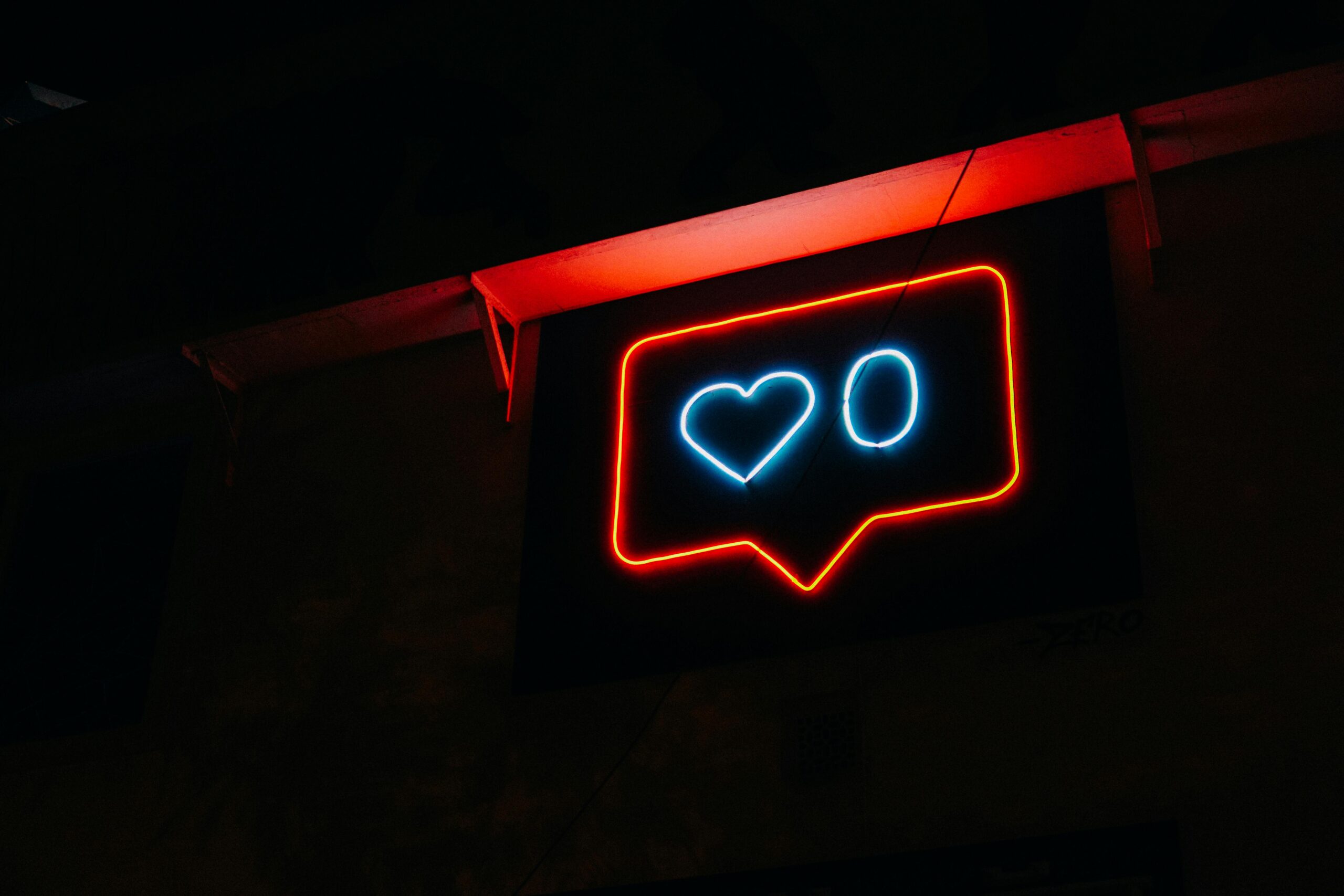Introduction
Imagine waking up one day to find your favorite social media platform gone or your account banned overnight. It sounds extreme, but it’s not impossible. Remember Vine? One day, it was everyone’s favorite app for six-second videos, and the next, it disappeared, leaving countless creators scrambling to rebuild their audiences elsewhere. Platforms change, trends shift, and the rules aren’t always in our control.
That’s why having your own website is a game-changer. It’s not just a digital space; it’s a long-term investment in your future. Let me explain why relying solely on social media can be risky and why your website is the ultimate safety net.
The Short Shelf Life of Social Media

Social media platforms feel like they’ll be around forever until they’re not. Take MySpace, once the king of social networking. Today, it’s a distant memory. Vine was another favorite, but when TikTok came onto the scene, it was lights out for the short-form video pioneer.
Even when platforms stick around, they evolve in ways that can hurt creators. Think about how Instagram shifted to prioritize reels and ads. It’s frustrating to see your posts, carefully crafted and thought out, barely reach your audience. Algorithms are designed to favor the platform’s goals, not yours. As someone who has spent time trying to navigate these changes, I know firsthand how exhausting it can be.
When I was managing Instagram content for my brother’s podcast, we noticed something interesting. Reels were getting way more engagement than regular posts, even though we used all the right hashtags and actively engaged with other users. It was clear Instagram was pushing reels over everything else. Worse, some of our content wasn’t even reaching our followers’ feeds! It felt like no matter how much effort we put in, we were playing a game we couldn’t win.
The TikTok Ban and Its Implications
The potential TikTok ban in the US has sent shockwaves through the creator community. According to The Verge, the app could be restricted due to national security concerns. For creators who have spent years building their brands and businesses on TikTok, this is terrifying.
Imagine pouring everything into a single platform only to see it disappear overnight. That’s the reality many TikTok creators are facing. The lesson here is clear: depending solely on social media is risky. Having a backup plan is important, and that’s where a personal website comes in. Unlike social media, your website is yours to control, unaffected by bans, regulations, or trends.
The Permanent Benefits of Having a Website
Owning a website gives you something no social media platform can—control. It’s your space, designed the way you want, with no algorithms deciding who sees your content. When I started building my freelance website, knowing I had a digital home that I could tweak and grow over time felt empowering.
Websites also offer unmatched flexibility. You can evolve them to match your goals. For instance, I’ve added new pages, updated my portfolio, and started a blog to connect with clients and readers. The best part? My content is always accessible. Unlike social media posts that get buried after a day or two, my website keeps everything front and center for anyone who visits.
Why Social Media and Websites Work Better Together
Social media isn’t all bad—it’s fantastic for reaching new audiences and engaging with your community. But it works best as a funnel, guiding people to your website, where the real value lies.
For example, I use Instagram to share behind-the-scenes moments and snippets of my blog posts, encouraging followers to visit my site for the full story. Social media creates buzz, but my website is where the magic happens, whether it’s booking a service, learning from my blog, or browsing my portfolio.
How to Start Building Your Forever Online Presence
If you’re ready to future-proof your online presence, here’s how to get started:
- Build Your Website: Choose a reliable platform like WordPress. Start with a domain and hosting provider, and keep it simple if you’re new to web design.
- Use Social Media Strategically: Think of social media as a teaser. Share snippets that drive traffic to your website.
- Create an Email List: This is your safety net. Even if social media fades, you’ll still have direct access to your audience.
- Stay Adaptable: Platforms and trends will change, but your website can grow with you.
Real-Life Examples
When I started freelancing, I relied heavily on social media to showcase my work. But over time, I realized the limits of those platforms. Building my website allowed me to create a permanent space to grow my business and connect with clients. It’s been a game-changer, giving me the stability social media alone could never offer.
Similarly, while managing my brother’s podcast Instagram, we saw how unpredictable social media could be. Despite our efforts to create engaging posts, reels were the only content getting significant traction. It felt like we were at the mercy of Instagram’s preferences. Having the podcast’s website meant we could share content on our terms, ensuring that followers always had a consistent place to go.
Conclusion
Social media is great, but it’s fleeting. Algorithms shift, platforms change, and nothing is guaranteed. Your website, on the other hand, is forever. It’s your digital home, your safe space, and your most reliable tool for building a lasting online presence.
If you’re ready to take control and build something that lasts, let’s chat! I’d love to help you create your forever online home.
